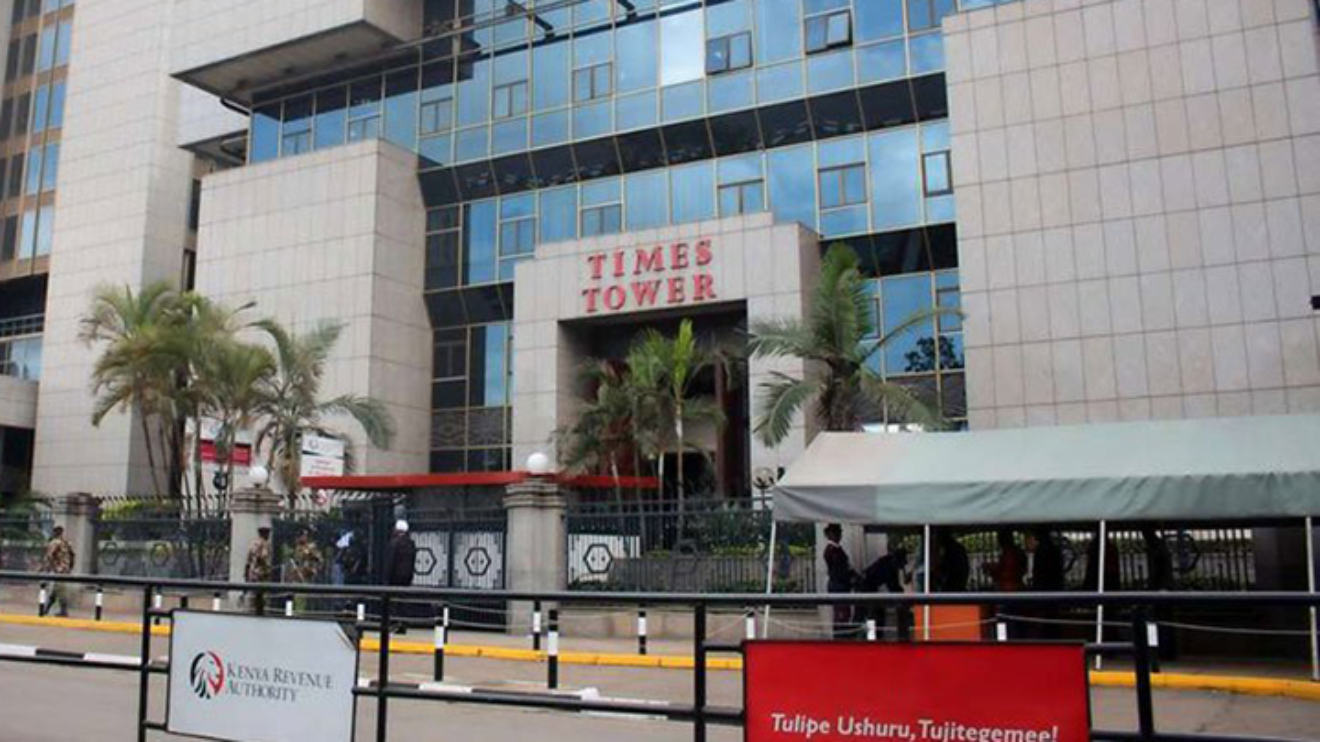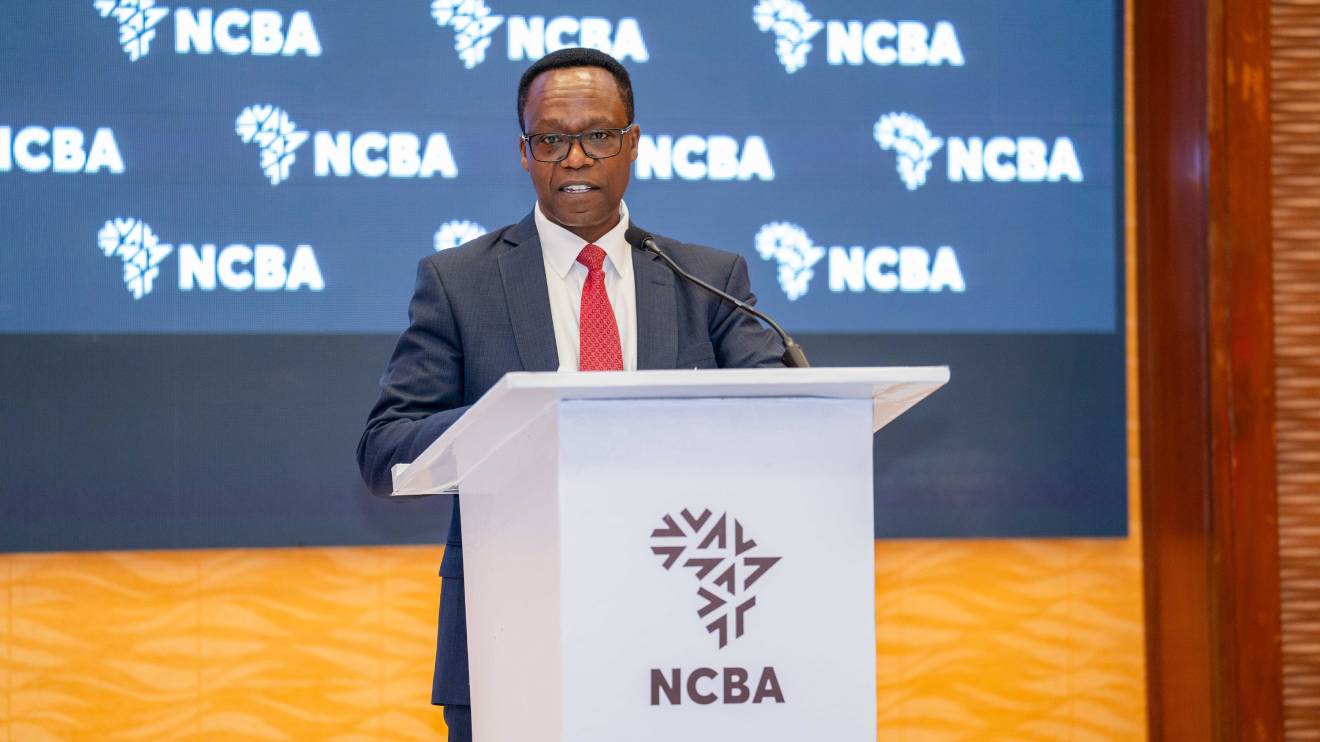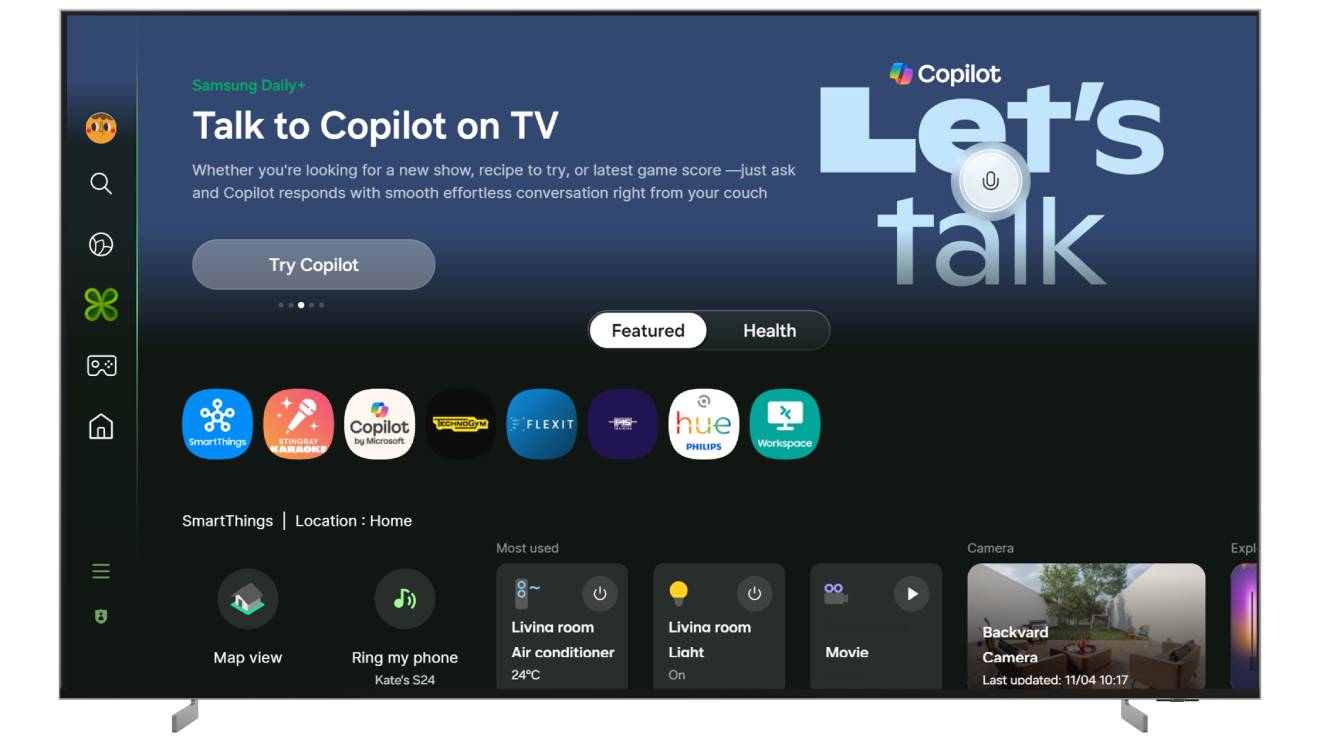The Kenya Revenue Authority has announced a renewed drive to shield personal taxpayer information as it modernises its operations through a raft of digital reforms, including the deployment of artificial intelligence at border points and the launch of a developer-focused tax platform.
At the heart of this push is a new data handling strategy crafted in close coordination with the Office of the Data Protection Commissioner (ODPC).
The Authority says the initiative, known as the Data Minimisation Strategy, is intended to curb unnecessary data collection and reduce exposure to risks tied to personal information management.
KRA Commissioner General Humphrey Wattanga, speaking during a session with the Departmental Committee on Finance and Economic Planning, made it clear that taxpayer privacy is a top priority.
“We have already put in place immediate measures to swiftly disable loopholes on our portals that could be maliciously exploited to access personal taxpayer data,” he said.
Read More
According to Wattanga, the collaboration with ODPC is not just symbolic but central to KRA’s overhaul of its digital infrastructure.
“Our collaboration with the ODPC aims to ensure that we continuously improve the integrity of our systems, especially with regard to access to third-party data.”
The remarks come as KRA marks a milestone in its security efforts, having received the ISO/IEC 27001:2022 certification for its Information Security Management Systems.
This global benchmark signals the Authority’s alignment with international standards of accountability, governance, and protection in the digital sphere.
Currently underway is the first phase of KRA’s Digital Transformation Programme. At its core is an ambitious upgrade of the Authority’s IT systems, designed to connect key operations and enable real-time tracking of revenue collections.
The goal: a smoother tax experience and higher voluntary compliance.
A standout feature of this transformation is GAVA Connect, a new Application Programming Interface (API) platform that is opening up KRA’s systems to software developers and tech start-ups.
Through this open interface, innovators are being invited to build tools that make tax compliance less burdensome for Kenyans.
Meanwhile, technology is also being harnessed to boost border security. In a separate pilot project, the Authority has introduced artificial intelligence to assist with cargo scanning at entry points across the country.
The objective is to speed up inspections, reduce errors, and enhance the accuracy of goods clearance.
Wattanga underscored that none of these developments are happening in isolation.
He insisted that innovation must be matched with responsible governance, adding that taxpayer trust remains the foundation of the Authority’s efforts to raise compliance levels.


-1756474472.jpg)



-1753733469.jpeg)


